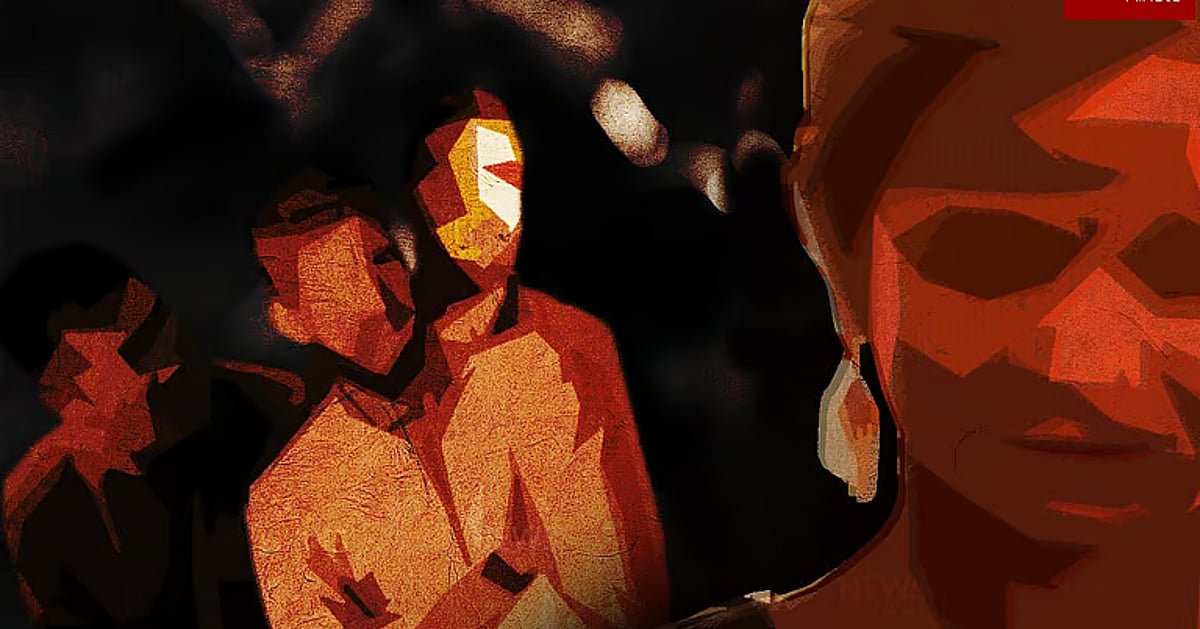 |
|
The horrific incident of alleged rape of a 13-year-old girl by three government school teachers in Bargur, Krishnagiri district of Tamil Nadu has sent shockwaves across the state. The incident, which came to light on February 3rd, 2024, highlights the urgent need for stronger child protection measures within educational institutions and the devastating consequences of sexual violence against minors. The prolonged absence of the victim from school prompted a visit from school staff to her home, triggering the disclosure of the alleged assault, which reportedly took place on the school premises in early January. This underscores the critical role that vigilant school staff can play in identifying and reporting cases of child abuse, demonstrating that proactive monitoring and attentive care are essential in protecting vulnerable students. The swift action taken by authorities, including the arrest and suspension of the three teachers, is a welcome step towards justice for the survivor, though it also exposes the chilling reality of sexual predators exploiting their positions of trust and authority within the education system.
The arrest of the three teachers, aged 37, 48, and 57, reflects the serious nature of the allegations and the determination of authorities to hold perpetrators accountable. The charges filed under the Protection of Children from Sexual Offences (POCSO) Act, along with sections 329(3) and 351(2) of the Bharatiya Nyay Sanhita (BNS) for criminal trespass and intimidation, respectively, demonstrate a commitment to prosecuting the accused to the fullest extent of the law. The POCSO Act, a landmark legislation designed to protect children from sexual abuse and exploitation, provides a robust legal framework for prosecuting offenders and ensuring the safety and well-being of victims. The inclusion of additional charges under the BNS further emphasizes the gravity of the crime and the violation of trust inherent in the teachers' actions. This incident serves as a stark reminder of the crucial role the legal system plays in safeguarding children and bringing perpetrators to justice.
The incident has sparked widespread outrage and condemnation, drawing sharp criticism from opposition leaders. AIADMK general secretary Edappadi K Palaniswami raised concerns about the safety of students in government educational institutions, questioning the effectiveness of existing safety protocols and demanding accountability from those responsible for ensuring the safety and security of students. BJP Tamil Nadu state president K Annamalai similarly expressed deep concern over the apparent rise in such incidents, highlighting the need for stronger preventive measures and a comprehensive strategy to address the root causes of sexual violence against children. These reactions underscore the public's demand for improved child protection measures and stronger enforcement of existing laws. The political discourse surrounding the case highlights the urgent need for systemic changes to prevent similar incidents from occurring in the future. This includes a comprehensive review of existing policies, improved training for school staff on child protection, and increased public awareness campaigns to promote safer environments for children.
The provision of professional psychological counseling and support to the 13-year-old victim is crucial for her healing and recovery. The trauma of sexual assault can have profound and long-lasting effects on a child's mental and emotional well-being. Access to specialized support services is essential for helping the victim navigate the psychological and emotional challenges associated with such a horrific experience. The ongoing support system provides a lifeline, offering hope and guidance as she embarks on the path to healing and rebuilding her life. This is a vital component in the aftermath of such incidents and emphasizes the importance of victim-centered approaches to justice. The long-term consequences of the trauma require sustained support, highlighting the need for comprehensive and readily accessible mental health services for victims of child sexual abuse.
This case in Krishnagiri serves as a grim reminder of the pervasive threat of child sexual abuse and the vulnerability of children within educational settings. It underscores the urgent need for a multifaceted approach that includes strengthening child protection policies, enhancing staff training, improving reporting mechanisms, and fostering a culture of open communication and awareness around child sexual abuse. The implementation of stricter background checks for individuals working with children, alongside increased vigilance and accountability within educational institutions, are critical steps towards preventing future occurrences. Additionally, public awareness campaigns and educational programs can empower children to recognize and report instances of abuse, enabling early intervention and support. Only through a collective and concerted effort can we strive to create safer and more protective environments for all children.
Source: Tamil Nadu: Three govt school teachers arrested in child rape case in Krishnagiri
